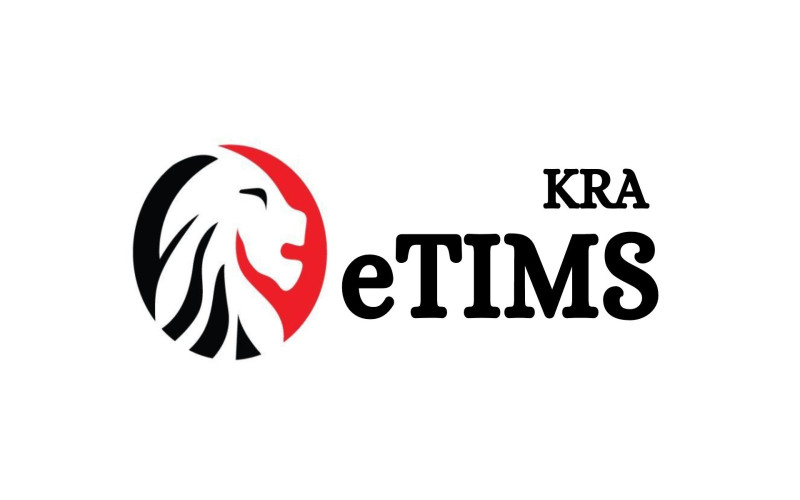Point of Sale (POS) technology is rapidly evolving to meet the ever-changing needs of businesses and consumers. Here are some of the most promising trends shaping the future of POS systems:
1. Tax Integration

One of the significant advancements in POS technology is the integration with regulatory authorities. For instance, in Kenya, the Kenya Revenue Authority’s Electronic Tax Invoice Management System (eTIMS) is a prime example. Modern POS systems like UltimatePOS are designed to automatically sync with eTIMS, ensuring businesses remain compliant with tax regulations without the manual hassle. This seamless integration helps in accurate tax reporting, reducing the risk of penalties, and streamlining the overall tax submission process.
2. Cloud-Based Systems
The shift to cloud-based POS systems offers numerous benefits, including real-time data access, automatic updates, and enhanced scalability. With cloud-based solutions, businesses can access their POS system from anywhere, at any time, providing flexibility and convenience. This is particularly advantageous for multi-location businesses, allowing centralized management of sales, inventory, and customer data.
3. Offline Access
While cloud connectivity is a boon, the need for offline access remains crucial. Advanced POS systems are now equipped with offline functionality, allowing businesses to continue operations even when the internet is down. Transactions processed offline are automatically synced with the cloud once connectivity is restored, ensuring no data loss and uninterrupted service.
4. Multiplatform Compatibility
The future of POS technology is decidedly multiplatform. Businesses demand POS systems that work seamlessly across various devices, including desktops, tablets, and smartphones. This flexibility allows for a more adaptable and user-friendly experience, enabling staff to operate the POS system on the go, which is especially useful in retail and restaurant environments.
5. Integration with Other Systems
Interoperability with other business systems is becoming a standard requirement for modern POS solutions. Integration with e-commerce platforms like WooCommerce, customer relationship management (CRM) tools, and enterprise resource planning (ERP) systems allows businesses to unify their operations. This ensures smoother workflows, better data accuracy, and a more holistic view of business performance.
6. Artificial Intelligence (AI)
AI is set to revolutionize POS technology by providing enhanced analytics, personalized customer experiences, and improved inventory management. AI-driven insights can help businesses understand sales trends, forecast demand, and optimize stock levels. Additionally, AI can power chatbots and virtual assistants, offering personalized customer service and support.
7. Mobile Payments and Digital Wallets
The rise of mobile payments and digital wallets is another trend influencing POS systems. Consumers increasingly prefer using their smartphones for transactions through platforms like MPESA, Airtel Money, etc.Modern POS systems need to support a variety of payment methods, including contactless payments, to cater to this growing demand.
8. Enhanced Security Features
As POS systems handle sensitive customer data, security remains a top priority. Future POS solutions are focusing on enhanced security measures, such as end-to-end encryption, tokenization, and biometric authentication. These features help protect against data breaches and fraud, ensuring that customer information remains secure.
9. Customizable and Scalable Solutions
Businesses are looking for POS systems that can grow with them. Customizable and scalable POS solutions allow businesses to add new features and functionalities as they expand. This adaptability ensures that the POS system remains relevant and continues to meet the evolving needs of the business.
10. Sustainability and Eco-Friendly Practices
There is a growing emphasis on sustainability in all aspects of business operations, including POS systems. Future POS solutions are likely to incorporate eco-friendly practices, such as digital receipts, energy-efficient hardware, and reduced paper usage. These measures not only help the environment but also appeal to the increasing number of eco-conscious consumers.
In conclusion, the future of point of sale technology is geared towards greater integration, flexibility, and intelligence. By embracing these trends, businesses can enhance their operational efficiency, provide better customer experiences, and stay ahead in a competitive market.







0 Comments